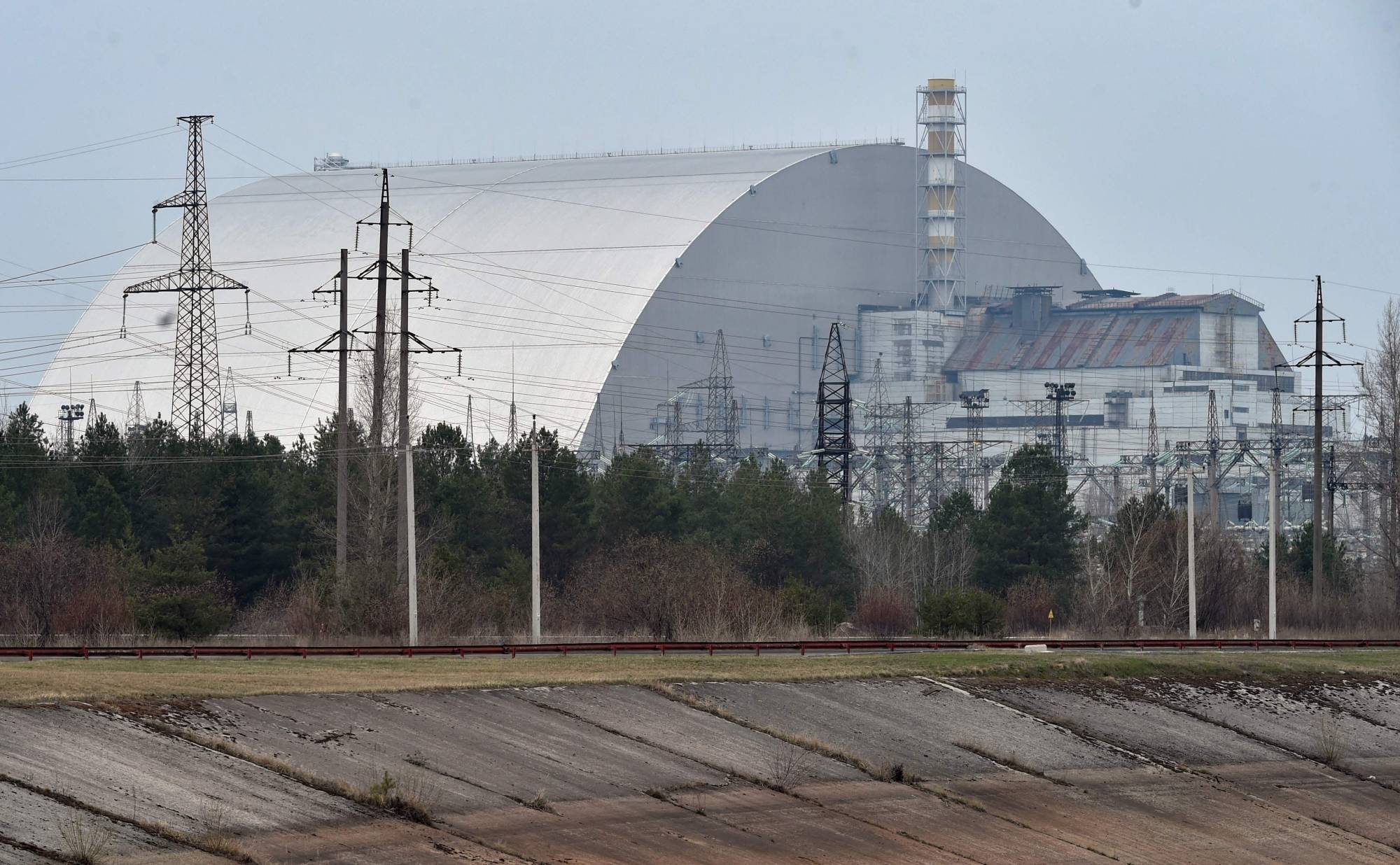Power has been completely cut off at the Chernobyl nuclear power plant, the site of the world's worst nuclear disaster in 1986, Ukraine's energy operator Ukrenergo said on Wednesday, but monitoring groups and experts saw little risk of a major incident.
Russian forces took control of the site after they invaded Ukraine on Feb. 24.
In a statement, the International Atomic Energy Agency (IAEA) said it saw no "critical impact on essential safety functions" at the site but said that the development violated a key pillar meant to ensure safety at nuclear power plants.


















With your current subscription plan you can comment on stories. However, before writing your first comment, please create a display name in the Profile section of your subscriber account page.